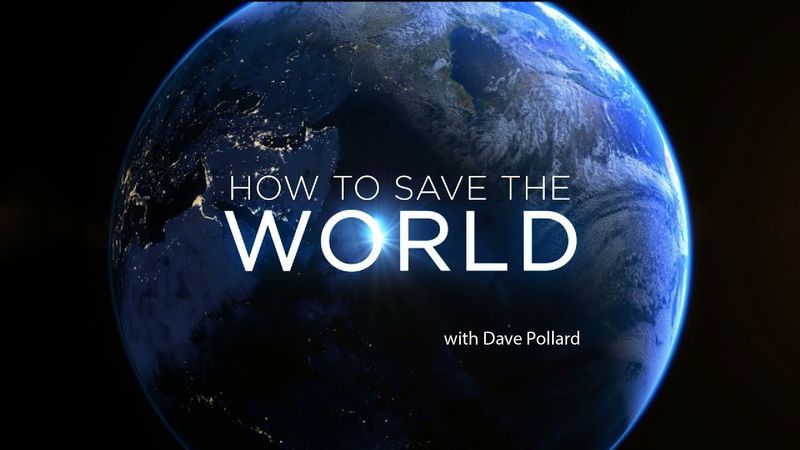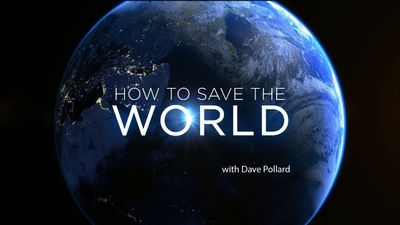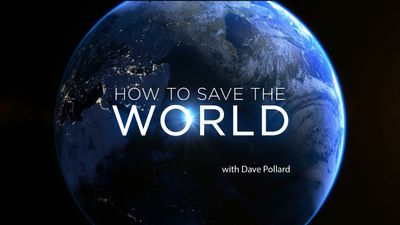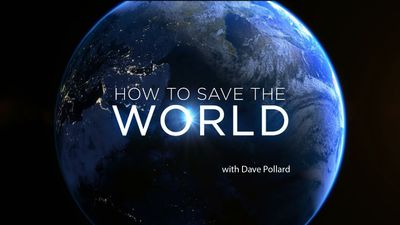Links of the Month: June 2022

I wouldn’t pretend to know what Michael was thinking when he created the cartoon and poem above, but it really resonated with me. To me, it describes the virtue of openness, equanimity, of being comfortable with uncertainty, ambiguity, and unknowing. Listeners to my music library have often commented that much of my favorite music seems ‘sad’ in tone to them. I found that curious, since, while a lot of wonderful music makes me cry, it is tears of joy, of recognition, of ‘seeing’ something that can’t normally be seen. Michael’s character in the cartoon looks rather sad, but he also looks to be at peace, in that kind-of-magic place that is at once aware and relaxed. As I get older, I seem to be spending more and more time in that place. For me at least, it’s a good place to be.
COLLAPSE WATCH

What kind of collapsnik are you?: Indrajit Samarajiva has re-conceived my 2015 ‘new political map‘, and riffs about it. He’s added a lot to think about.
An intro to Gaianism: I’ve signed up for Eric Assadourian’s Gaian Reflections, since, despite the site’s religious overtones, I found his essays on Gaianism and its creed, on greensong (the sounds of the more-than-human world), on our lives not being our own (especially in a time of collapse), and on our unsuitability for captivity, to be perceptive and novel. Thanks to Paul Heft for the links.
Passing eight tipping points = total collapse: Economics professor Steve Keen (with colleagues including Tim Garrett) tear a strip off mainstream economists who continue to publish ludicrous articles in mainstream economics journals that disregard (and seemingly can’t fathom) the interrelationship between ecological tipping points and the inevitability of them leading to collapse, economic and ecological. Thanks to John Whiting for the link.
LIVING BETTER

Workhorses of the global transportation system: The New Yorker’s Jill Lepore provides a fascinating history of the little-changed, ubiquitous bicycle, and the ongoing war between drivers and cyclists, in her review of a new book on the subject.
Is China the most democratic country in the world?: They think they are, and there’s a lot of data to support them in that belief. There’s a lot more to ‘democracy’ than stuffed ballot boxes, gerrymandering, and disenfranchised voters with no real choice.
The tyranny of bureaucracy: A lead article by Justin Smith in the Atlantic, much of which I very much disagree with, makes a compelling case for how run-amok bureaucracy, coupled with now-mandatory technology that forces us to adapt to it rather than the other way around, is breaking our democracy and making our society increasingly dysfunctional. While I agree with this part of the diagnosis, I don’t at all see this is evidence of, or necessarily even leading to, authoritarianism and government overreach. As many have said since we started protesting in the 1960s: It’s the system, stupid. As I’ve written elsewhere, I wish writers like Justin would read more Kafka, and less Orwell, to get a more balanced view of what’s behind the dysfunction, and where it’s leading.
Male Aghan TV anchors cover faces on air in solidarity with Afghan women: This is a powerful response to government oppression and misrule, and, as several women reporters have confirmed, far more than a symbolic gesture.
Make the internet a public utility: Ben Tarnoff in the NYT (if you can make your way around the double paywall) argues that regulation can’t fix the broken internet; the only solution is to make it a public utility and remove the financial incentives for abusing it. Thanks to Kavana Tree Bressen for the link.
New common currencies to replace the US dollar: Hot on the heels of the recent announcement to create a Latin American currency (the Sur), Iran has proposed a common currency among the SCO countries (China, Russia, India, Pakistan, Kazakhstan, Kyrgyzstan, Tajikistan, Uzbekistan, Iran, Afghanistan, Belarus, and Mongolia). These arrangements are essential to break the illegal (under international law) financial embargoes used by the US in its proxy wars against ‘unfriendly’ nations.
Tax the rich (estates): Counterpunch explains the massive gift recent US governments have given the rich in halving the top marginal tax rate and increasing the estate tax threshold by a factor of 50. Time to claw it back. Thanks to John Whiting for the link.
Could red flag laws reduce mass shootings?: Oregon’s law allowing seizure of weapons from those considered a danger to society is working. Thanks to Kavana Tree Bressen for the link.
POLITICS AND ECONOMICS AS USUAL
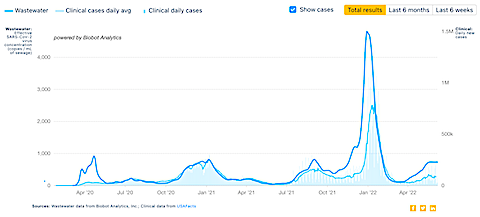
The only power working whites have left: The always-eloquent Chris Hedges, who grew up in a family with guns, explains the feelings of helplessness, more than hate, that underlies America’s obsessions with guns. Good to see that, despite Google, Chris hasn’t been totally erased from the internet. Thanks to John Whiting for the link, and the one that follows.
Corpocracy, Imperialism & Fascism: Short takes:
- Read Robert Paxton’s Anatomy of Fascism, written almost twenty years ago. Its prescience will make you shudder.
- The US Federal Reserve, showing its true stripes, openly admits the objective of its current policy is to “get wages down”.
- Oops, caught them red-handed: The CIA/State Department was forced to re-add a decades-old statement that the US does not support independence for Tiawan, that had been quietly removed from its site a week earlier.
- Who represents the people?: A solid majority of Americans are pro-choice, 60% want more gun control, and a full 85% want the ERA passed.
- The ACLU wonders whether the massive and covert power of US intelligence agencies is a threat to US democracy. Thanks to Bart Anderson for the link.
- Right-wing super-PACs are working to expunge the tiny moderate-left wing of the Democratic Party through disinformation and interference in the primaries.
- Indi explains how Hollywood, mostly through its portrayals of violence, quietly indoctrinates viewers to believe that all change-agents are ‘evil’ and violent, and need to be met with violence. And that, as Hollywood portrays it, the hero’s journey is always to preserve existing power structures.
- Noam Chomsky explains that the illegitimacy and dysfunction of the US supreme court dates back to the bizarre decision to make the court, rather than lawmakers, the arbiters of what the constitution and the law ‘means’.
- Kara Dansky explains the best legal strategies for women to restore abortion rights, and the dangers the withdrawal of those rights poses. Laurence Tribe says the dangers of the ruling extend far beyond the destruction of abortion rights. And Zeynep Tüfekçi warns of the dangers of new privacy-erasing technologies in the hands of fascist governments and fanatical vigilantes.
- Hank Green says that, contrary to the ravings of neo-Fascist Republican wingnuts, now is exactly the time for politics — to change the laws to protect all citizens.
- Angie Speaks explains how “identity fetishism” embraced by well-meaning lefties, plays right into neoliberal capitalism, social atomization and alienation, and provides “moral camouflage” for the current order.
- The BC Government’s war against anti-pipeline protesters is getting ugly.
- The ill-conceived and largely-illegal US/NATO sanctions are leading to starvation and severe deprivation in more and more places.
- Chris Hedges explains that due to the unwinding of the US economy, the massive give-aways to the rich in tax cuts and subsidies, and the horrifically expensive costs of war, the US now depends on endless war, as just about the only American industry left that actually produces anything.
- The Nuland-Pratt video containing the leaked recording of Nuland and Pratt discussing details of the Ukraine coup that happened a week later, and the list of people they wanted in the caretaker government once the coup had happened, has now been ‘restored’ to YouTube after being taken down. I guess even Google couldn’t stomach that degree of truth censorship.
Ukraine Peace: Short takes:
- Craig Murray explains why, surprisingly, Turkey may be in the best position to broker a peace deal for Ukraine.
- Yanis Varoufakis outlines the steps desperately needed to restart peace talks.
- Nina Khruscheva, no Putin apologist, worries that US insistence on regime change in Russia is destroying the possibility for peace. Christopher Caldwell was somehow allowed to write a piece for the NYT saying much the same thing, but it’s buried behind a double paywall.
- I could include lots of links on how devastating the war is on its people, both Ukrainian and Russian-speaking, and how badly it’s going for Ukraine despite the official rah-rah rhetoric from the intelligence spooks and their MSM scribes, but it’s not going to change anyone’s mind.
Misinformation, Disinformation, Propaganda and Censorship: Not-so-short take:
- If the above video of the Nuland-Pratt skulduggery orchestrating the 2014 Ukraine coup didn’t convince you to be wary of the US War Machine and its power on both sides of the aisle of US government, then consider the Biden/CIA hastily-assembled and then temporarily-disassembled DHS “Disinformation Governance Board” (aka “Ministry of Truth”) under the ‘leadership’ of another fine piece of work, Nina Jankowicz. Or the extremist make-up of the “news review” agency NewsGuard, with its retinue of torturers, warrantless wiretappers, and NATO war generals. Or the twitchy zeal of PayPal to cancel the accounts of anyone who dares question the Biden narrative on Ukraine, Russia and China. Former CIA analyst and investigator John Kiriakou provides the details. This scary, bloodthirsty group is running things while the doddering US president twiddles his thumbs.
CoVid-19 Becomes the Pandemic (mostly) of the Unvaccinated: Short takes:
- Ed Yong explains how the pandemic has perhaps permanently wrecked the already-teetering inequitable, for-profit, bureaucracy-bloated US health care system.
- Dhruv Kullar describes how government and citizen weariness may produce a pandemic that stretches on endlessly as new variants constantly find a huge pool of vulnerable people to exploit and evolve.
- Erin Banco suggests we’re already starting to see the first Long Covid deaths, and the potential impact of Long Covid on the exploding number of vulnerable people in western nations could be worse than the pandemic itself. Thanks to Tom Wheeler for the link.
- In case you’re not tired of me saying it: It’s not over. Keep masking up indoors with strangers and in crowded public places. Get all the vaccines and boosters you qualify for. Stay home if you’re sick. The governments have washed their hands of the problem; it’s up to us now.
FUN AND INSPIRATION
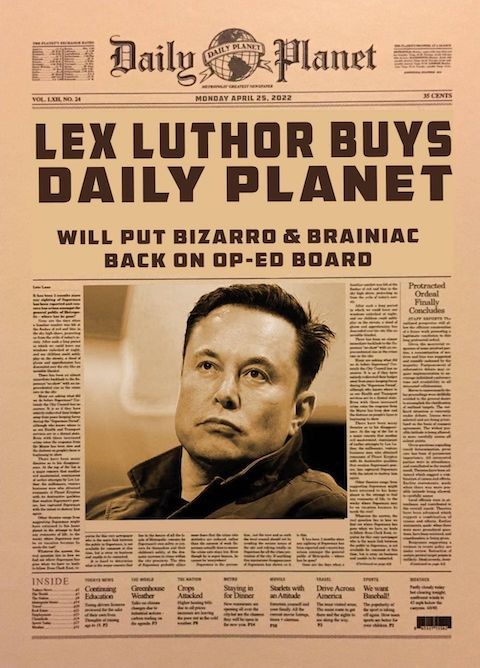
In defence of difference: A brilliant and engaging analysis of culture, race, ethnicity, diversity, and generalization vs universalization, by Rhyd Wildermuth, drawing on his new life as a Lëtzebuerger (Luxembourger). This month’s ‘must read’.
Dave’s preposterous predictions: I made a bunch of predictions back in December. My predictions are usually about half-right and come true much later than I’d expected, but I seem to have had a pretty good crystal ball in December, especially on predictions 1, 4 and 5.
What’s happening in Sweden?: A wonderful ‘newcomer’s’ take on Swedish culture from Dark Mountain co-founder Dougald Hine. Thanks to Paul Heft for the link.
Playing for change: Entertaining large-group videos of Santana’s Oye Como Va and John Lennon’s Imagine.
That’ll be the drink then: Perceptive note from Euan Semple on the social effects of alcohol. I just had my first drink in a bar in a year on Thursday, and I became a different person.
Types of scopes: A hilarious compilation by Randall Munroe at xkcd.
Defending your worldview: Caitlin Johnstone does a perceptive psychoanalysis of people who aren’t so much defending dubious pro- or anti-government narratives, as they are defending their well-entrenched and threatened worldview.
It’s all in the metrics: As the reactionary UK Johnson government proposes to jettison the metric system and further insulate themselves from the rest of the world, some countries that are still in transition are considering whether, at last, it’s time to let go of ‘imperial’ measures.
Scientists twisted in Gordian knots: Veritasium explores the “absurd” search for ‘dark matter’, while Sabine Hossenfelder (while acknowledging that the Olympics, in pursuit of big money, have largely degenerated into a “freak show”) provides a detailed and balanced argument for/against the presence of trans women in women’s sports.
Singing in the dead of nacht: Paul McCartney explains where the chord progression for Blackbird came from. See if you can guess before you watch.
Let sleeping humans lie: A couple of Vancouver students have invented a bed for your living-room, modelled on the ones made for lucky dogs.
THOUGHTS OF THE MONTH
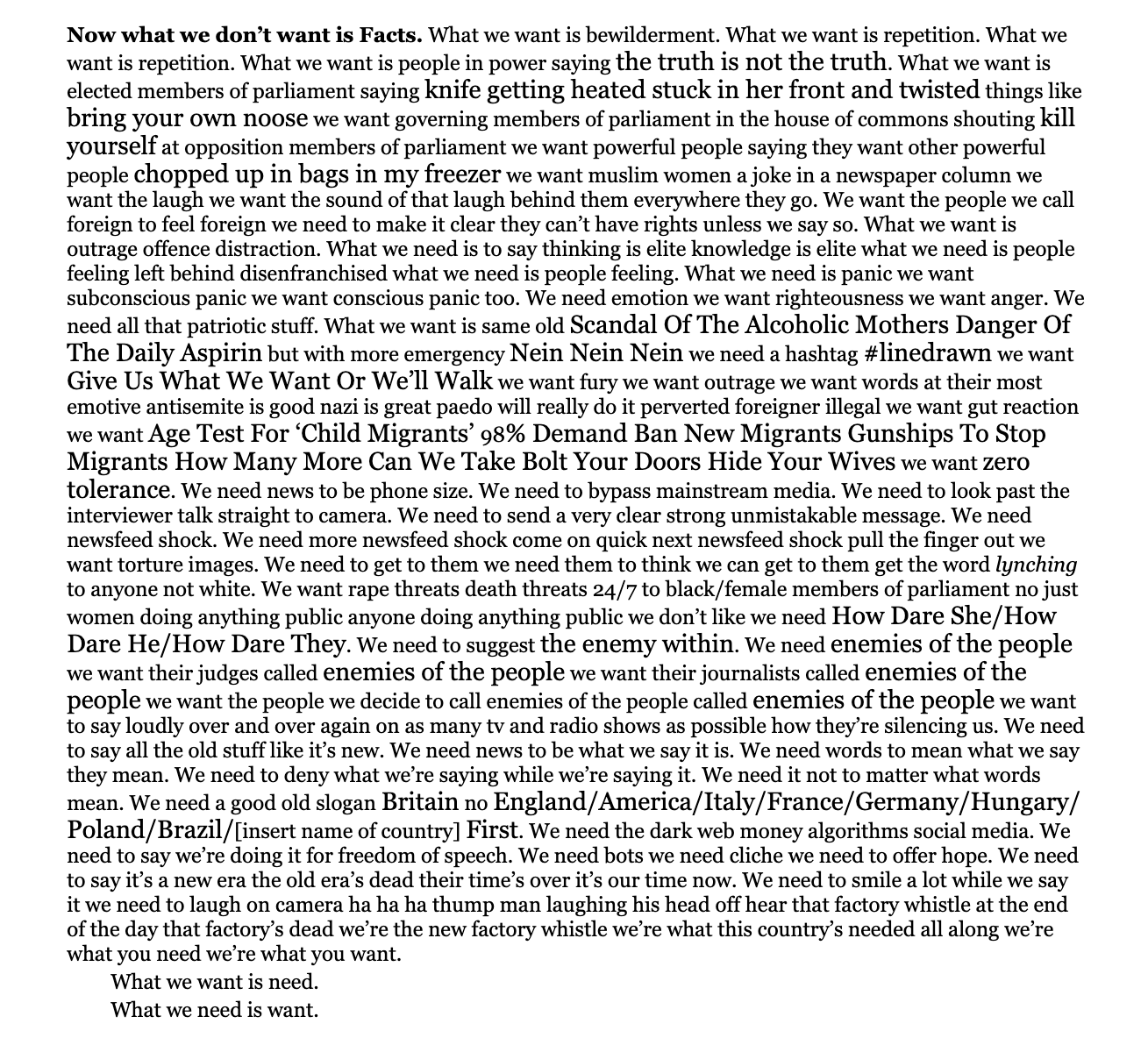
from Ali Smith’s Spring
From Bruce Cockburn’s song Burn (this song is fifty years old next year; change a couple words and it still works just fine):
Look away across the bay; Yankee gunboat come this way.
Uncle Sam gonna save the day; Come tomorrow we all gonna pay,
And it’s burn baby burn; When am I going to get my turn?
Burn baby burn; When am I going to get my turn?
Something dead under the bed; Local diplomats hang their heads.
Never mind what the government said. They’re either lying or they’ve been misled.
And it’s burn baby burn; When am I going to get my turn?
Philippines was yesterday; Santiago and Greece today.
How would they ever make the late news pay, if they didn’t have the CIA?
And it’s burn baby burn; When am I going to get my turn?
Here it comes, the loaded gun — Must keep the Commies on the run.
You’d buy or bury everyone, for liberty and life and just plain fun,
And it’s burn baby burn; When am I going to get my turn?
Burn baby burn; When am I going to get my turn?
From Richard Shelton’s poem “Glen Canyon on the Colorado”, in The Last Person to Hear Your Voice:
where sometimes the shadow of a heron
would hoist itself above the water
flapping its wings
as though they needed oiling
while the determined beaver
followed his nose in a straight line
going somewhere important upstream
his silver wake spreading behind him
and at night when the cliffs
seemed to lean inward over the river
like giant black guardians
protecting stone cathedrals from the moon
and the beaver slept in lodges
so close to the surface they could hear
every word the river said
and all that the willows replied
a brilliant ribbon of stars
would unwind itself above the cliffs
following each turn of the canyon walls
soon that place will no longer exist
in the memory of anyone living
and will be hinted at only in photographs
and in the dim visions of words
as untrustworthy as our own
when we say at this point in time
to avoid the terror of saying now
the unredeemable moment where we live
with all past actions beyond our reach
and sinking down through dark water…
sink softly down
black silt to the canyon floor
as flower petals fall
as motes of sunlight drift through air
and settle in the evening
when the wind is still
sink softly down
fill the canyon from wall to wall
fall gently rain
upon the surface of the lake
shine softly moon and stars
it is no mirror for your light
it is the tomb of beauty
lost forever
and it is despair
the darkness in ourselves we fear
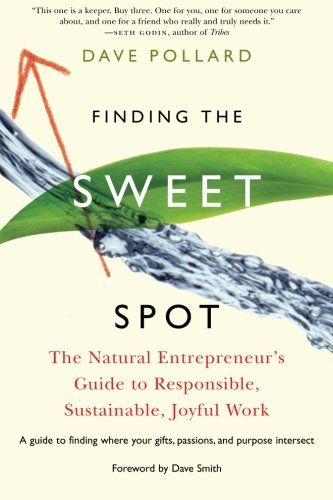
Finding the Sweet Spot: the natural entrepreneur's guide to responsible, sustainable, joyful work
"Now what am I going to do?" is a question many people ask—and leave unanswered—at critical potential turning points in their careers. Perhaps you’re a new graduate, but instead of lining up for a boring entry-level job at a big corporation, you wish you could start your own sustainable and responsible business

